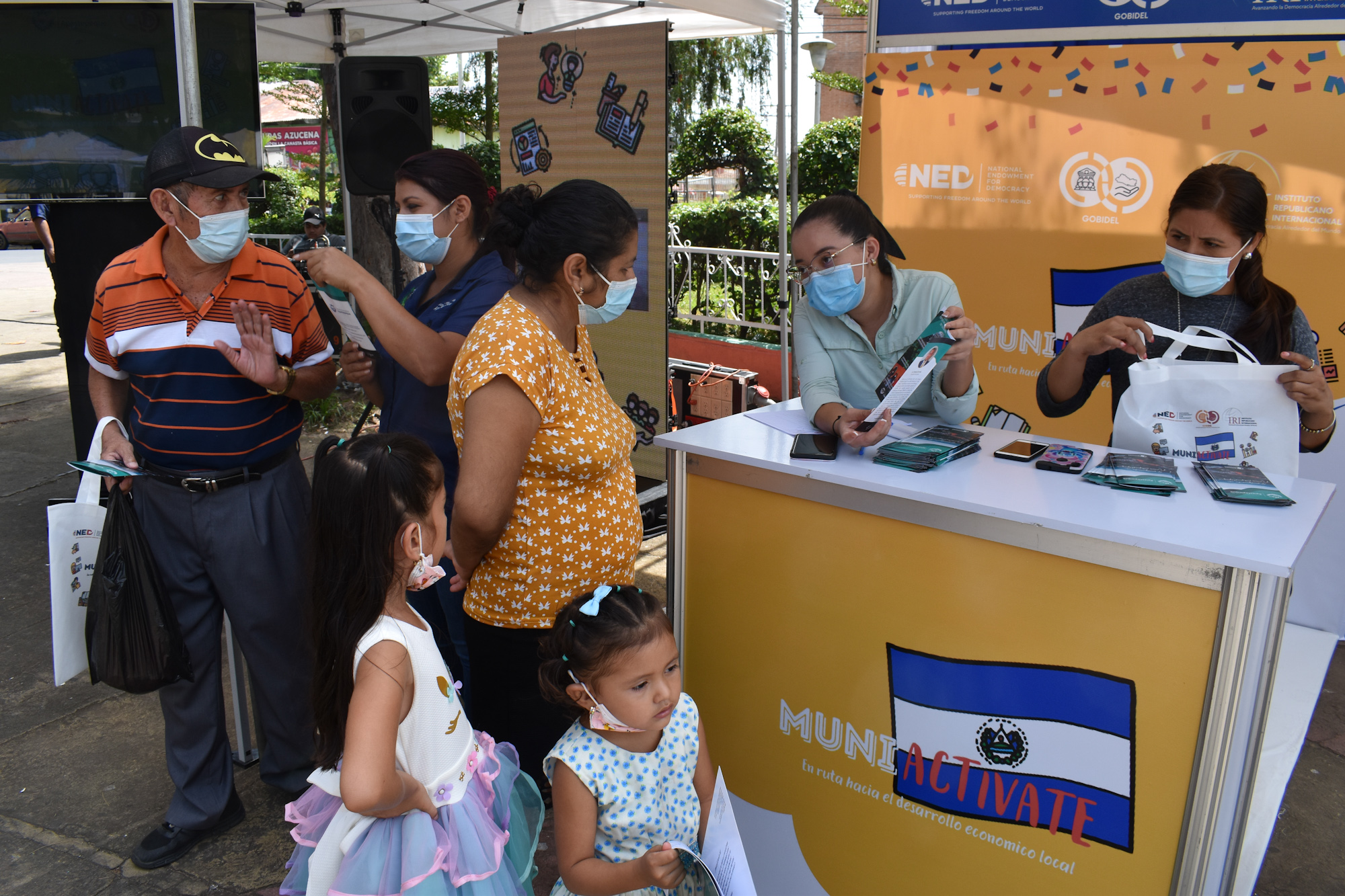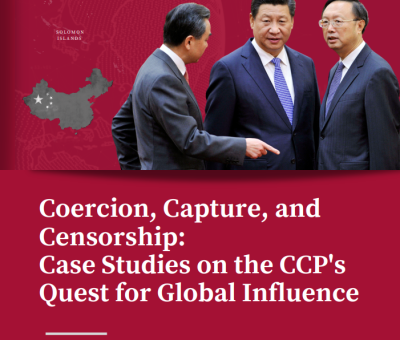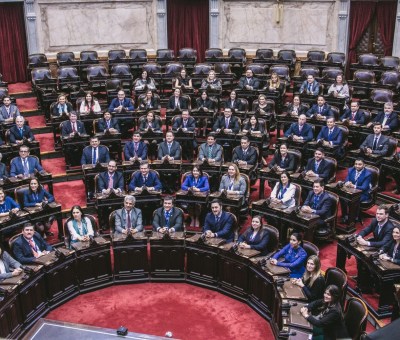
Voting From Abroad: Enhancing Electoral Integrity …
In 2024, El Salvador will host presidential, legislative, municipal, and Central American Parliamentary (PARLACEN) elections to determine the country’s future…
The current political context of El Salvador is marked by internal conflict, corruption, and inequality of opportunities. Supporting strong democratic institutions and participatory processes to engage citizens at all levels of government is critical to creating economic opportunities and reducing drivers of migration.

In El Salvador, supporting civil society and media organizations helps ensure that citizens can safely participate in elections and make an informed choice at the polls. IRI’s electoral programs in El Salvador include collaborations with the Supreme Electoral Tribunal (TSE) to amplify voter education across the country through the Vota Bus, as well as programs that engage youth in the electoral process through debate watch parties and other civic and voter education initiatives. Through these efforts, civil society can provide input into processes that shape electoral processes, such as contributing to electoral reform dialogues. To support more informed citizens, IRI assists independent media to make electoral and political information more accessible to Salvadoreans and to counter the spread of mis- and disinformation.
To address building a citizen-centered government, IRI works closely with officials in 11 municipalities across El Salvador’s three regions to improve their capacity to respond to citizens’ needs and support opportunities for citizen participation in economic development planning. While there are many ways IRI has supported local government and civil society, one key focus has been citizen security and violence prevention, which includes building positive relationships between youth and local officials.
IRI works with civil society organizations (CSOs) at the local and national level to improve opportunities for citizen participation and to advocate for transparency and accountability. This civil society work includes supporting grassroots and emerging CSOs throughout the country to develop their technical, organizational, and collaborative capacity.
Ongoing programming emphasizes the importance of the political inclusion of marginalized groups – including women, youth, and LGBTQI+ citizens, among others – in political processes at the local and national level. For example, IRI assesses the barriers and challenges to LGBTQI+ participation in the 2021 elections to identify how the institute and its local partners can support LGBTQI+ candidates and citizens in the next electoral process.
Because of the support for marginalized groups, youth from across the country can become more involved in political processes at the local and national level. Specifically, IRI supports youth networks that bring youth from diverse perspectives together to advocate for shared priorities. Through the “Yo en Politica” (Me in Politics) training program, youth from six municipalities across the country gained leadership and advocacy skills they will use to get more involved in their communities.

In 2024, El Salvador will host presidential, legislative, municipal, and Central American Parliamentary (PARLACEN) elections to determine the country’s future…

The world has changed profoundly in the year since the International Republican Institute released its latest survey of People’s Republic…

One is a staff member of Colombia’s House of Representatives, working to promote citizens access to information. Another served as a member of North Macedonia’s National Assembly for two terms and is particularly…

Sin contar con la insfraestructura necesaria para cumplir las pautas de salud pública y proporcionar los servicios necesarios, los gobiernos…

